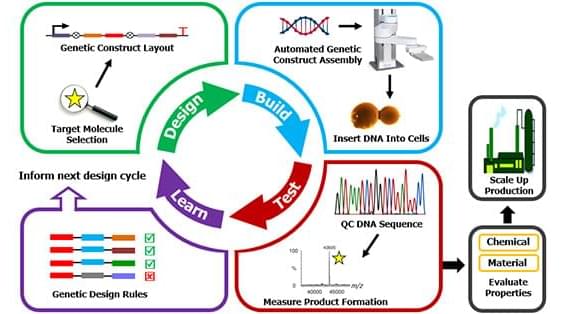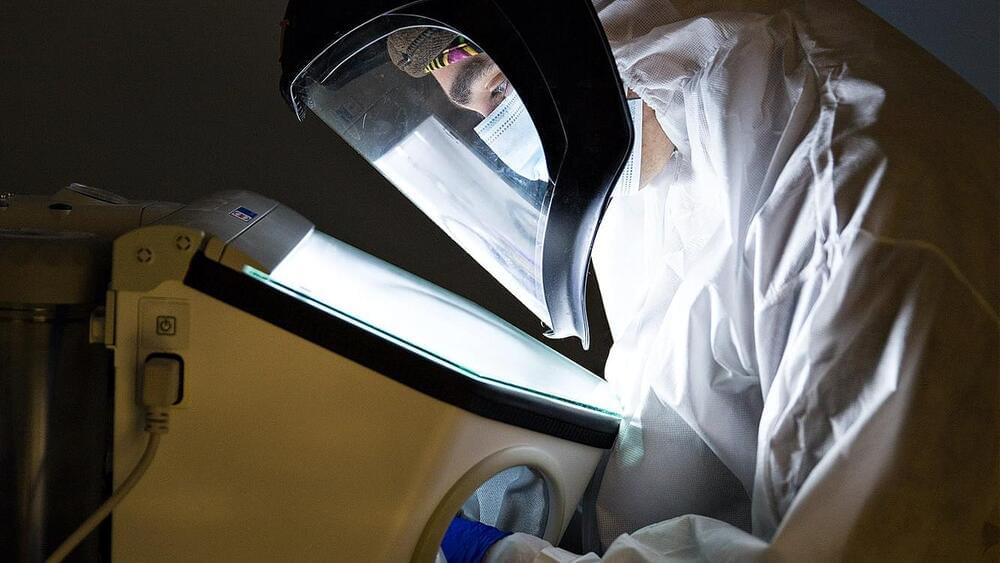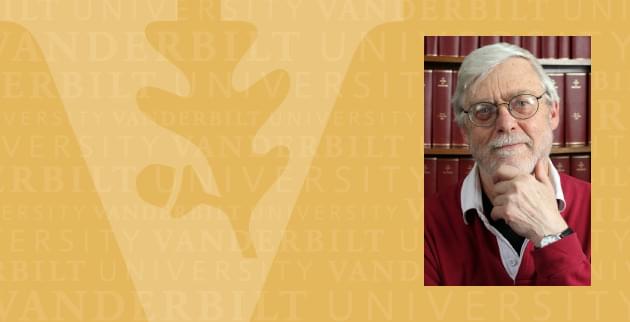Launched in 2010, DARPA’s Living Foundries program aimed to enable adaptable, scalable, and on-demand production of critical, high-value molecules by programming the fundamental metabolic processes of biological systems to generate a vast number of complex molecules. These molecules were often prohibitively expensive, unable to be domestically sourced, and/or impossible to manufacture using traditional synthetic chemistry approaches. As a proof of concept, DARPA intended to produce 1,000 molecules and material precursors spanning a wide range of defense-relevant applications including industrial chemicals, fuels, coatings, and adhesives.
Divided into two parts – Advanced Tools and Capabilities for Generalizable Platforms (ATCG) and 1,000 Molecules – the Living Foundries program succeeded not only in meeting its programmatic goals of producing 1,000 molecules as a proof-of-concept, but pivoted in 2019 to expand program objectives to working with military mission partners to test molecules for military applications. The performer teams collectively have produced over 1,630 molecules and materials to-date, and more importantly, DARPA is transitioning a subset of these technologies to five military research teams from Army, Navy, and Air Force labs who partnered with the agency on testing and evaluation over the course of the program.
“Biologically-produced molecules offer orders-of-magnitude greater diversity in chemical functionality compared to traditional approaches, enabling scientists to produce new bioreachable molecules faster than ever before,” noted Dr. Anne Cheever, Living Foundries program manager. “Through Living Foundries, DARPA has transformed synthetic biomanufacturing into a predictable engineering practice supportive of a broad range of national security objectives.”









